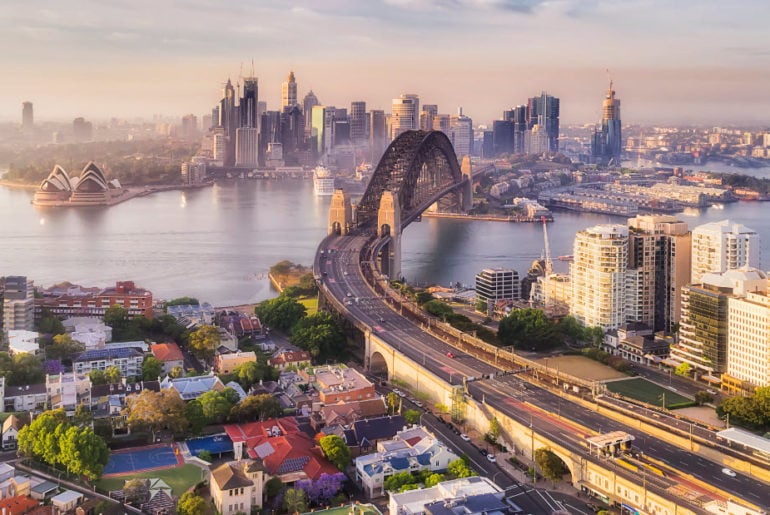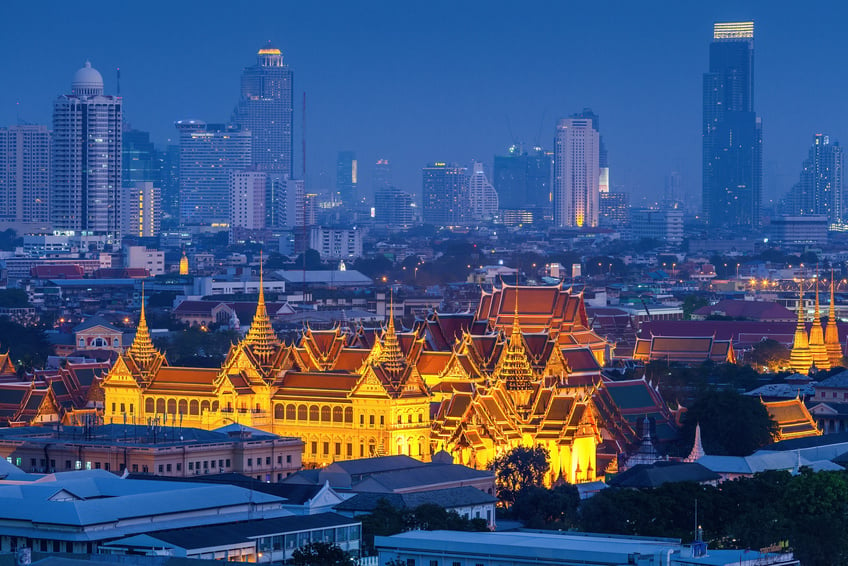On 2 December 2021, the Australian Parliament passed the Autonomous Sanctions Amendment (Magnitsky-style and Other Thematic Sanctions) Act 2021 (Cth). The new laws are intended to modernise Australia’s autonomous sanctions regime by creating a framework to facilitate the establishment of a thematic sanctions regime to enable Australia to respond flexibly and swiftly to a range of situations of international concern. A key difference to the current sanctions regime is that the new laws will not be restricted in their operation to any particular country / jurisdiction.
On November 10, the Department of State, Department of Treasury, and Department of Commerce released an advisory titled “Considerations for US Companies and Organizations that Conduct Business in Cambodia within Key Sectors or in Partnership with High Risk Entities” (the “Cambodia Advisory”). The Cambodia Advisory is focused on corporations and, according to the accompanying press release, is meant to caution businesses currently operating, or considering operations, in Cambodia to be mindful of interactions with entities and sectors potentially involved in human rights abuses, criminal activities, and corrupt business practices. This blog post will be focused on the corruption and responsible sourcing risks highlighted by the Cambodia Advisory.
In a recent interview Mr. Anutin Charnvirakul, the Minister of Public Health, lauded the many community enterprises all over Thailand which have been growing cannabis for hospitals to extract for medical purposes and the hundreds of medical cannabis clinics all over the country which have proven to be very popular with the Thai people. The Minister was pleased with how Thai people have embraced cannabis and has again stressed his mission to make cannabis both a cash crop, as well as a medicine, for the nation. He also mentioned intended efforts to continue with liberalizing the laws and regulations on cannabis even further to increase access to cannabis.
In the current narcotics and psychotropic substances regulatory regime, there are numerous laws governing narcotics and psychotropic substances which are enforced by different regulatory bodies. The Thai government aims to modernize certain current provisions and to incorporate these laws into the Narcotics Code for ease of reference and consistency in law enforcement.
The Ministry of Public Health has issued notifications to amend the list of formula of Thai traditional medicine containing cannabis under the Herbal Product Act which is allowed for use to treat a disease or for research, and to amend the information, warnings or precautions required to be displayed on the package inserts of Thai traditional medicine containing cannabis.
On 17 November 2021, the Health Sciences Authority issued an advisory against certain misleading claims circulating online regarding the ability of Lianhua Qingwen products to prevent or treat COVID-19.
Please join us for a new weekly video series, hosted by Baker McKenzie’s North America Government Enforcement partners Tom Firestone and Jerome Tomas. This weekly briefing is available on demand and will cover new Cambodia sanctions and the Steven Bannon Indictment.
In this annual webinar series, we are putting a spotlight on warehousing arrangements. Our speakers will update you on legislative and customs developments, share insights into the current practices of authorities, and provide practical tips on how you can identify opportunities, maximize benefits and mitigate risks when utilizing these warehouses as part of your supply chain solutions.
Our Banking & Finance, Competition & Antitrust, Mergers & Acquisitions and Trade partners in Johannesburg outline ten reasons to turn your attention to African trade and investment opportunities in the coming year. Some of these reasons include the rise in commodity prices, shifting patterns and alternative financing, digitization and competition law and enforcement.
Following a series of consultations, the Monetary Authority of Singapore has implemented two new cross-border exemption frameworks, which came into effect on 9 October 2021.



